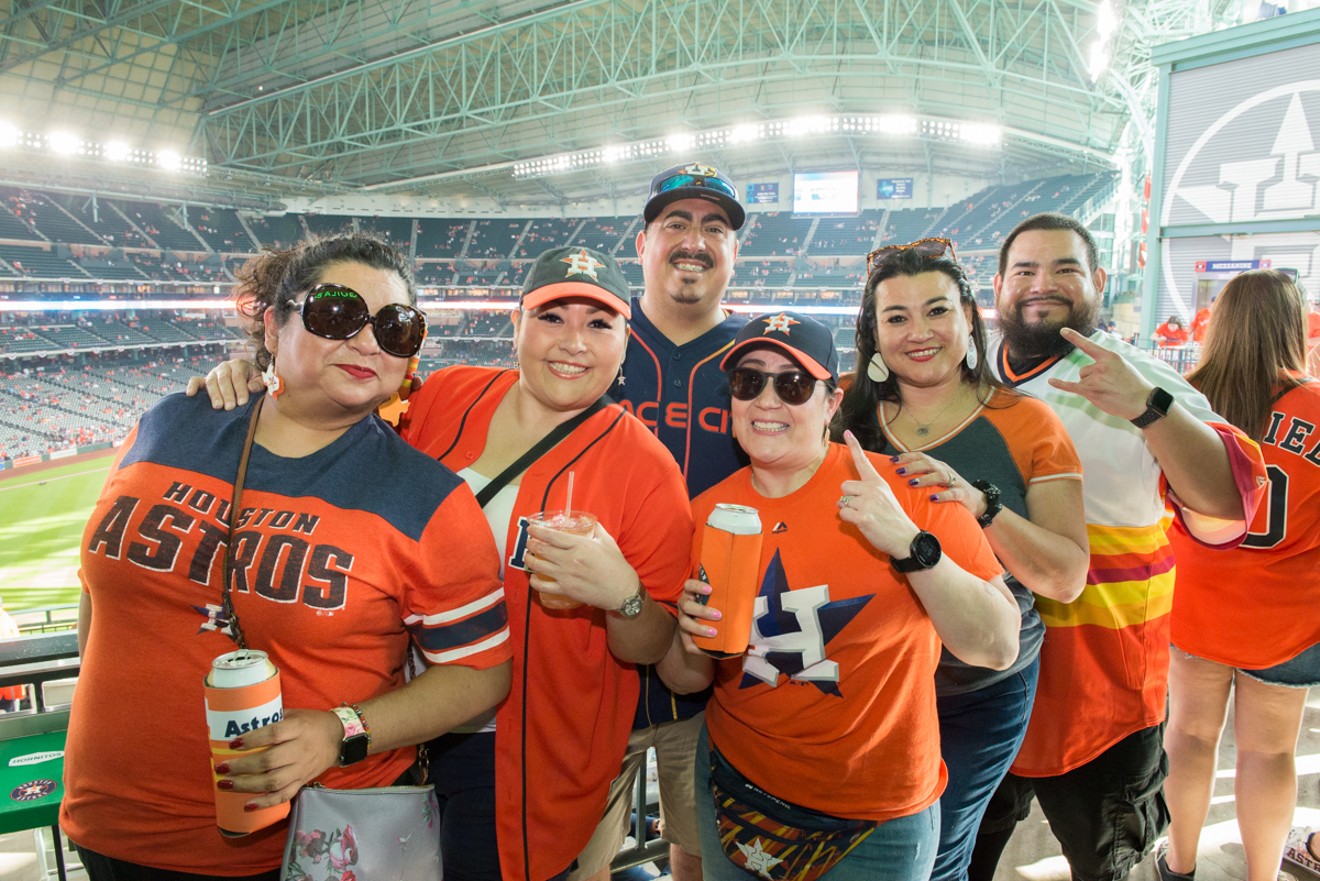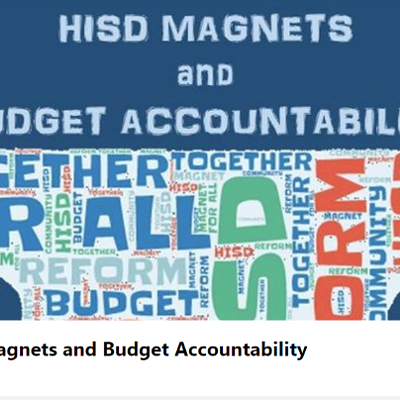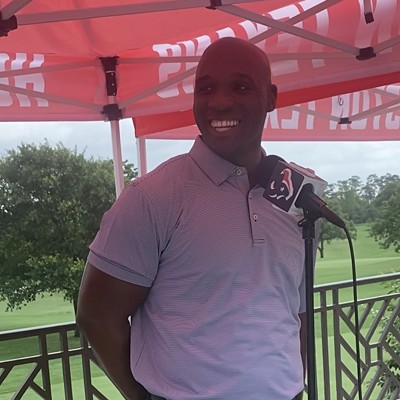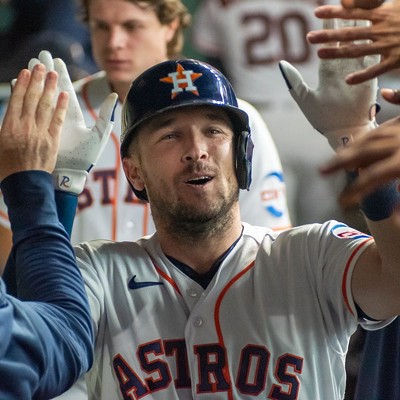That's a billion dollars for two players.
No one doubts the skillset of Ohtani, the first player since Babe Ruth to both pitch and hit not just credibly, but so well that he has already, at 29, cast himself among the greatest to ever pay the game. Yamamoto is a highly touted young player coveted by the likes of the Yankees and others, but ultimately signing in Los Angeles with his fellow countryman.
And, of course, the Dodgers can do whatever they want. They have the money to spend and the league's weak attempt at a "salary cap" in the competitive balance tax (CBT) is really just pocket change to billionaires like the investors in the Dodgers or Steve Cohen of the Mets. But is it good for baseball?
Ask national writers and they will tell you that it is. Having great teams in big media markets like New York, LA, Chicago and Boston makes for bigger ratings and helps to grow the sports internationally. That might be arguably true, but are we entering an era when the battle between haves vs. the have nots has grown so significant that we are widening what has long been a two tiered class system into something akin to Division I and Division II college football.
The argument against such disparity always seems to go something like, "Well, plenty of teams spend big money and don't win a championship." True, the Dodgers' only World Series title was in the COVID-shortened 2020 season and the Yankees have been blocked at every turn by the Astros when trying to reach the title series for a decade.
Still, when you look at the 20 teams that played in the ALCS and NLCS over the past five years, only two (Arizona and Tampa Bay) were not in the top half of baseball payrolls that year. Conversely, 14 were in the top 10 and eight were in the top five. Here is each year with the final four teams and their payroll rank that season (asterisk for World Series champ).
2019: HOU (8), NYY (3), WAS (7)*, STL (6)
2020: TBR (27), HOU (4), LAD (2)*, ATL (13)
2021: BOS (3), HOU (7), LAD (1), ATL (13)*
2022: HOU (11)*, NYY (3), PHI (4), SDP (5)
2023: HOU (11), TEX (9)*, ARI (19), PHI (4)
Clearly, having the highest payroll was no guarantee of a taking home a Commissioner's Trophy, but it made teams a near lock to have a legitimate crack at it. The same math applies to 2017 and 2018. Prior to that, however...
2018: BOS (1)*, HOU (11), MIL (26), LAD (3)
2017: HOU (18)*, NYY (2), LAD (1), CHI (8)
2016: CHI (14)*, CLE (24), TOR (10), LAD (1)
2015: KCR (16)*, CHI (13), TOR (10), NYM (21)
2014: SFG (7)*, KCR (19), BAL (15), STL (13)
Look at the huge shift that occurred prior to 2017. Only one team (of 12) in those three years of ALCS and NLCS series was in the top five. Only four were in the top ten. Teams in the bottom half of payrolls represented five of the 12 and one (KC) was a title winner.
That's in pretty stark contrast to what has happened in the years since.
In the last 10 years, the problem between big market/big payroll teams and everyone else has become a significant issue for baseball. There is no mistaking it. If you are a fan of the Orioles, Pirates, A's, Brewers, Royals, Marlins, Tigers or any other small market team, your best hopes are drafting well, developing your talent and then making a run for a year or two before having your roster ravaged by the teams with the most money when your players hit free agency.
You MIGHT make the final four, but your chances of a title are infinitesimal compared to anyone who can spend hundreds of millions every season to buy the best players. Is it guarantee of a championship? Definitely not. Ask Dodgers fans. But, is it a guarantee of relevance and a deep run in the postseason? Damn right it is.
With all due respect to the baseball world, writ large, how is this good for the sport, to have the best teams confined to the richest ones? While we here in Houston are, despite some of our collective grumblings, part of the haves, it is getting more difficult to stay there. Other teams aren't as lucky with shaky television deals and no real desire from MLB to give them a bigger national stage.
When you compare baseball to the NFL or NBA, there is little to no comparison in terms of parity. Virtually any team in the NFL can draft well, sign a few key players and find themselves in position to win for years on end. Same thing for the NBA. Recent titles have gone to Milwaukee and Cleveland and Denver and Toronto. Ask the MLB fanbases of those cities how they feel about their chances of competing at a high level.
Media markets are important for viewership, but for the good of the sport, wider parity is critical. How are fans in Colorado, for example, supposed to maintain interest when their team never has a shot at winning? With no salary cap, they really don't have much choice. Especially when, in offseasons like this one, the rich just get richer and everyone else just has to watch.







